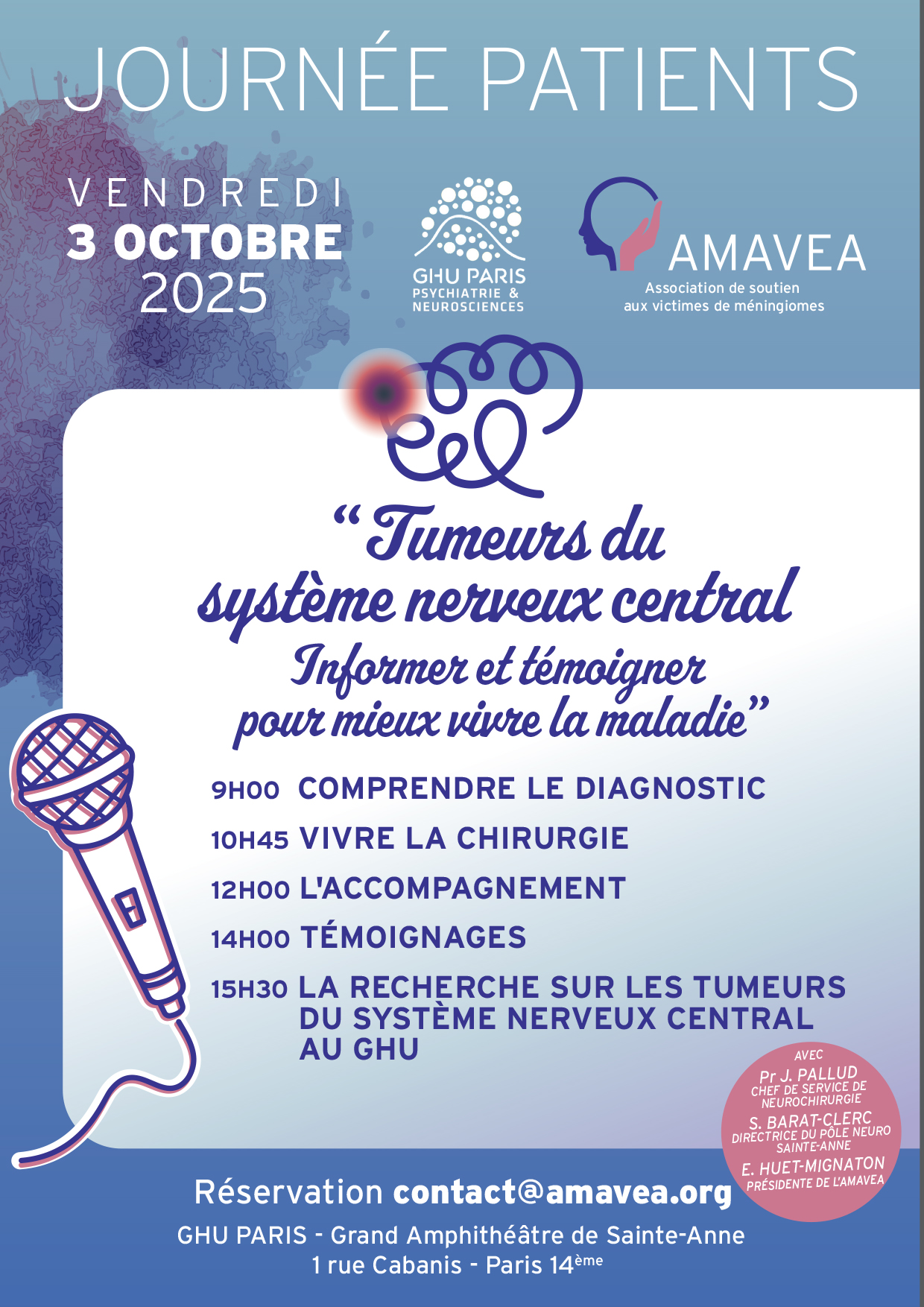This study talks about all the meningiomas of Grade 1, so also included those including Androcur, Lutéran or Lotényl are responsible.
Life after surgical resection of meningioma: a prospective transversal study evaluating the quality of health related to health
Canadian study (with USA and Australia, Germany and United Kingdom)
Summary
Context : few studies have evaluated the quality of life related to health (QVLS) of patients with meningiomas. Here we present the greatest study of a prospective, longitudinal and transversal cohort of the QVLS in the meningiomas to date, in order to identify the possible determinants of the global QVLS which can be the subject of an action.
Methods : Adults having undergone a resection of an intracranial meningioma of Grade I and subject to routine follow-up in a single large tertiary center have undergone an evaluation of the QVLS using the QLQ-C30 questionnaire administered in an opportunistic manner during follow-up visits. The QLQ-C30 average scores at 12-month intervals were compared to the scores of a normative reference population, referring to the minimum clinically significant difference known to the scores. To assess any determinants of the changes in the overall QVLS, the overall QVL scores were correlated (correlation of Spearman) with the scores of sub-domains and symptoms and with interval time from surgical resection.
Results : a total of 291 postoperative patients with grade i meningiomas histologically confirmed and surgically treated agreed to participate and a total of 455 questionnaires were included for analysis. Patients with meningiomas have reported a reduction in global QVLS to almost every 12 -month intervals, with clinically and statistically significant disabilities to 12, 48, 108 and 120 postoperative months compared to the normative population (p <0.05). Meningioma patients at the 12-month interval also reported a reduction in each sub-domain of the QVLS assessment (p <0.05); However, a clinically significant difference has only been observed in cognitive operation. The physical, emotional, cognitive and social subdomains, as well as fatigue and sleep/insomnia, were significantly associated with the overall QVLS during the first interval of 12 months. Overall, there was no significant correlation between time elapsed since surgical intervention and global QVLS or functional or symptomatic sections of QVLS-C30 subdomains.
Conclusions : Patients with meningioma report considerable QVLS limitations for more than 120 months after the operation, in particular with regard to cognitive, emotional and social functions, as well as significant fatigue and a lack of sleep compared to a normative reference population . The majority of these functional deficiencies and reported symptoms are strongly associated with the overall QVLS and can therefore be considered as determinants of the overall QVLS which, if treated, have the potential to improve QVLS for our patients with meningioma. This hypothesis requires a future study of targeted interventions to determine their effectiveness.
Life after surgical resection of meningioma: a prospective transversal study evaluating the quality of health related to health
Link to the full study here : https://academic.oup.com/neur-oncology/article/21/supplement_1/i32/5289362





